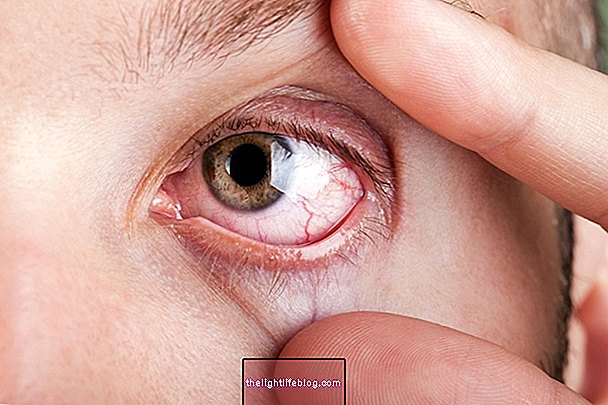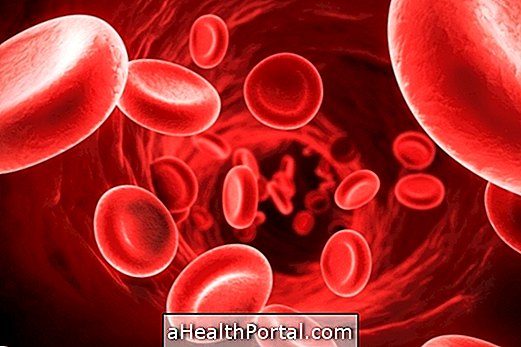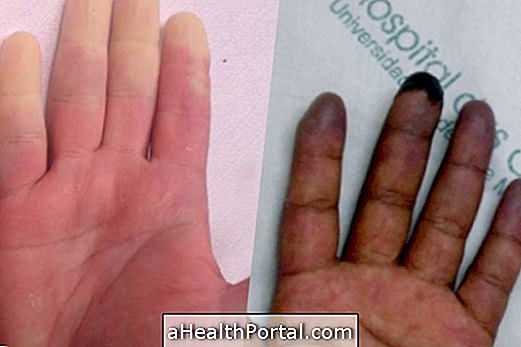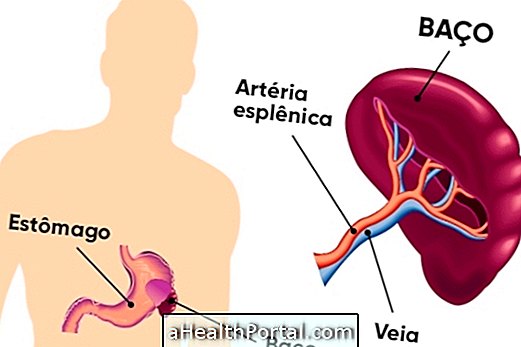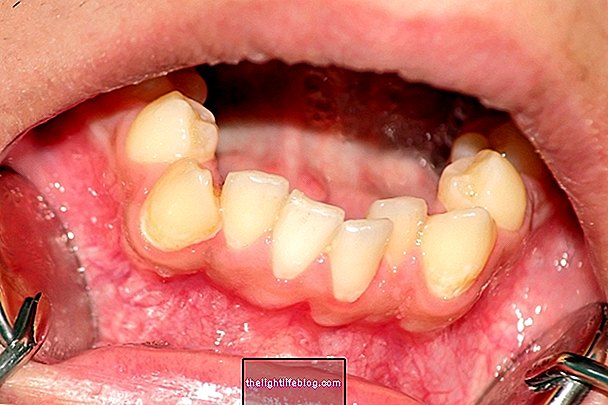Treatment with vitamin D overdoses has been used to treat autoimmune diseases, which occur when the immune system reacts against the body itself, causing problems such as multiple sclerosis, vitiligo, psoriasis, inflammatory bowel disease, lupus erythematosus, rheumatoid arthritis and type 1 diabetes. .
In this treatment, very high doses of vitamin D are given daily to the patient, who must maintain a healthy routine and follow the medical follow-up to adjust the dose and avoid unpleasant symptoms of possible side effects of the treatment.

However, it is always important to keep in mind that the main source of vitamin D is its production by the body itself through daily exposure of the skin to the sun. For this, it is recommended to sunbathe for at least 15 minutes a day, with the maximum amount of skin exposed to the sun, without sunscreen. Wearing light clothes can be a good strategy to facilitate the production of Vit D by the skin that stays in contact with the sun's rays longer.
See more tips on how to effectively sunbathe to produce Vitamin D.
How treatment works
In Brazil, treatment with vitamin D overdoses is led by physician Cícero Galli Coimbra and is aimed at patients with autoimmune diseases such as vitiligo, multiple sclerosis, lupus, Crohn's disease, Guillain Barré syndrome, myasthenia gravis and rheumatoid arthritis.
During follow-up, the patient takes high doses of this vitamin, between about 10,000 to 60,000 IU per day.After a few months, new blood tests are done to assess the levels of vitamin D in the blood and adjust the dose given in the treatment, which often must continue for the rest of your life.
In addition to supplementation with this vitamin, the patient is also instructed to drink at least 2.5 to 3 liters of water per day, and to eliminate the consumption of milk and dairy products, attitudes necessary to avoid a high rise in calcium in the blood, which it would bring side effects like kidney malfunction. This care is necessary because vitamin D increases the absorption of calcium in the intestine, and therefore the diet must be low in calcium during treatment.

Why treatment works
Treatment with vitamin D can work because this vitamin acts as a hormone, regulating the functioning of several cells in the body, such as the cells of the intestine, kidneys, thyroid and immune system.
With the increase in vitamin D, it is intended that the immune system starts to function better, no longer fighting the cells of the body itself, interrupting the progression of the autoimmune disease and promoting the patient's well-being, which manifests less symptoms.
Was this information helpful?
Yes No
Your opinion is important! Write here how we can improve our text:
Any questions? Click here to be answered.
Email in which you want to receive a reply:
Check the confirmation email we sent you.
Your name:
Reason for visit:
--- Choose your reason --- DiseaseLive betterHelp another personGain knowledge
Are you a health professional?
NoMedicalPharmaceuticalsNurseNutritionistBiomedicalPhysiotherapistBeauticianOther
